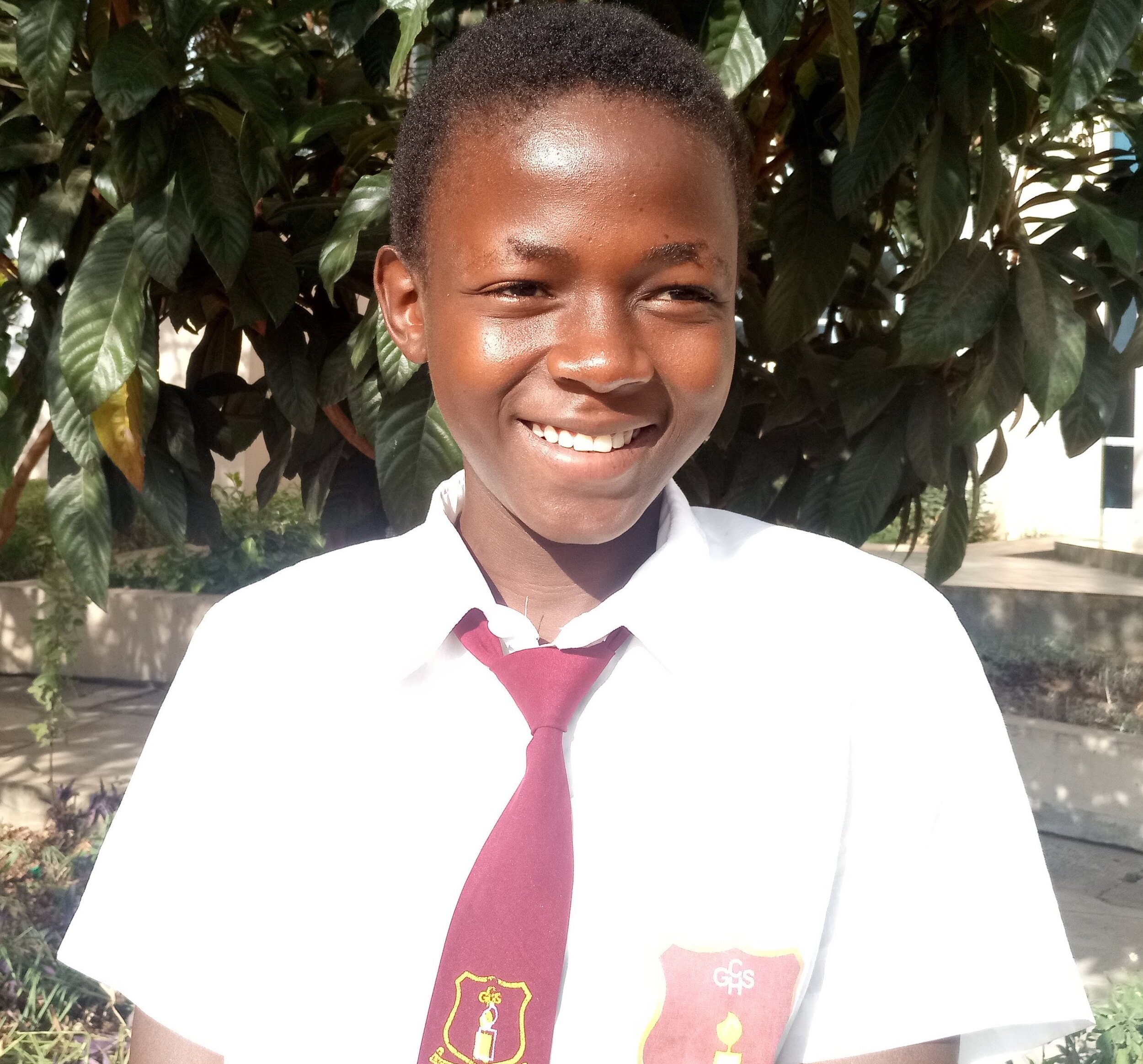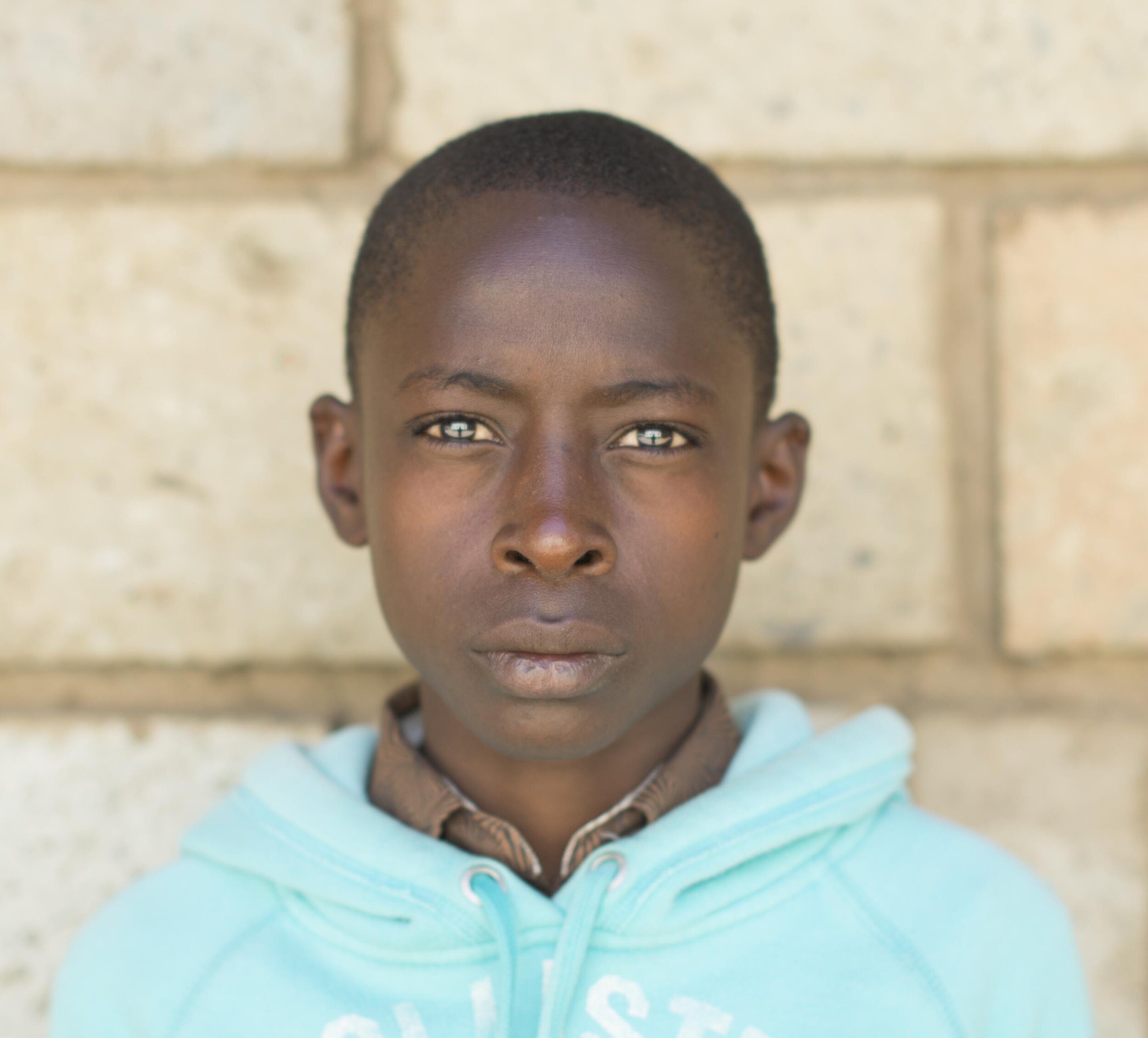The Day of the African Child is a reminder of why learning will not stop at KEF
It was in 1976 when thousands of black children from Soweto, a slum in South Africa took to the streets and marched for over half a mile to protest the poor quality of education and demand to be taught in their mother tongue. At the same time in Kenya, the education system was still transitioning from the separatist colonial schools to more inclusive and accessible public schools for all.
Since then, the Day of the African Child is celebrated as a reminder of the importance of access to quality, free education for all.
As we mark this special day, many KEF staff can recall a time in the history of the country when a strong public school system served the educational needs of the majority of Kenya’s school-aged children.
“Almost everyone in my neighborhood attended a public school, and private schools were considered to be of a lower quality of education,” says Dominic Muasya, KEF’s Country Director.
Dominic recalls the process that led to the emergence of private schools, which has continued to create a social and economic division that is felt today more than ever before.
“We now have more children in fee-paying private schools than we do in free public schools,” he says.
The COVID 19 pandemic has uncovered the reality of this inequality that greatly affects KEF scholars, many of who live in marginalized parts of the country with little access to the digital tools required to continue learning virtually.
In response, the KEF team rallied together and with help from local and international donors, printed textbooks of the national curriculum which were distributed for free to the KEF scholars. In a major campaign dubbed “Learning Will Not Stop”, the children continued with their studies during the one-year school closure, and as a result, KEF scholars have maintained a performance that is above the national average, with little gaps or interruptions to their learning.
Today we celebrate these remarkable scholars who have shown great resilience by striving to continue their education despite the difficult times being experienced globally. They epitomize the spirit of the African Child, who against many odds, continues to adapt to the challenge of acquiring a decent education.
Wakanyi Hoffman is one of the oldest KEF board members who also recalls the value that her parents placed on education, and the struggle that her mother went through to ensure that she and her four siblings had continuous access to education, leading up to university.
“My mother used all her financial resources to provide us all with an education. She treated books the same way she treated food, and there was never a shortage of both,” she says.
Wakanyi recalls how her mother would bring home books borrowed from the library at the University of Nairobi where she worked as a secretary.
“She never told us what to read, she simply presented a diverse collection of reading materials, including newspapers and magazines, and left us to our imagination,” Wakanyi recalls.
Wakanyi still keeps a borrower’s card from the national library which she acquired the year that she turned 10, just four years after the Soweto uprising that led to the creation of the Day of the African Child.
“I didn’t know anything about the uprising in South Africa, but I knew the importance of access to education. So one Saturday afternoon when my mother went to church for choir practice, I decided to board a city bus to the city center. I knew exactly which bus stop to alight and back then the public transport system was generally safe and the bus conductor could be trusted to help if you got lost. So I got off at the right bus stop and walked majestically into the public library. I can still remember that first initial smell of old books, and the image of rows of shelves packed with all sorts of books presenting an infinite world of opportunities to learn. The librarian was extremely helpful, and to this day I can remember her smiling when I told her that I had escaped our home to the library. When she handed me my first library card, it was the first time that I sensed what freedom might feel like. I must have spent the entire afternoon there, reading every book that I could find. My mother didn’t know that I had gone to the city by myself, so when I returned home in the evening, she was shocked to learn that I had taken the bus all by myself, traveled alone and managed to get a library card too! She was not angry with me, I think she was rather impressed. Since I had proven myself capable of taking that initiative, from then on she trusted me to travel to the library on Saturday mornings by myself with the promise to return before she went to choir practice. This went on throughout my primary school years and is one of the greatest memories of my childhood experience growing up on the outskirts of Nairobi.”
At KEF, we trust and believe that when empowered to make individual choices, children in Africa will grow into global citizens who are well prepared to take leadership roles in different sectors to grow Africa into a fully developed continent.
To all our valued scholars and to all the rest of the children in Africa, we wish you all a happy Day of the African Child.



